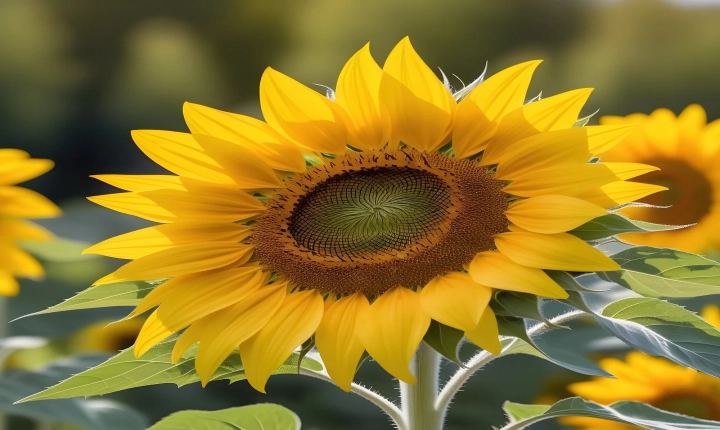Title: How to Get ChatGPT to Write a Song
In today’s digital world, artificial intelligence has progressed to the point where it can perform a wide range of creative tasks, including writing music. ChatGPT, a language model developed by OpenAI, is capable of generating human-like text based on the input it receives. This functionality also extends to writing songs, making it an exciting tool for musicians and creators looking for inspiration. In this article, we’ll explore how to effectively harness ChatGPT’s capabilities to generate a song.
1. Input Prompt: The first step in getting ChatGPT to write a song is to provide it with a clear and concise input prompt. This prompt should include details such as the song’s theme, mood, genre, and any specific lyrical content you’d like to incorporate. For example, a prompt could be: “Write a romantic pop song with lyrics about longing and hope.”
2. Style and Tone: Consider the style and tone of the song you want to create. ChatGPT can adapt its writing to match various musical genres, from upbeat pop to soulful ballads. Providing specific details about the mood and emotional resonance you’re aiming for will guide ChatGPT in crafting the song’s lyrics accordingly.
3. Refinement and Collaboration: Once ChatGPT has generated a set of lyrics based on your input prompt, it’s important to review and refine the content. This might involve editing the lyrics for coherence, rhythm, and poetic quality. While ChatGPT can initiate the songwriting process, collaboration with a human songwriter or musician can greatly enhance the final outcome.
4. Melodic Composition: In addition to generating lyrics, ChatGPT can also assist in developing melodic ideas. While it doesn’t create actual music, it can propose melodic fragments or give suggestions for chord progressions based on the lyrical content it has generated. This can serve as a starting point for further musical development.
5. Legal Considerations: It’s important to note that content generated by ChatGPT may raise copyright and ownership concerns. While the AI itself cannot hold copyright, the collaborative process involving a human creator can result in shared authorship. It’s advisable to seek legal advice to address any intellectual property issues that may arise from using AI-generated content in songwriting.
6. Ethical Use: As with any AI technology, it’s crucial to use ChatGPT for songwriting in an ethical and responsible manner. Respect the boundaries of creative ownership, and ensure that the content generated is used in a legal and respectful way.
In conclusion, ChatGPT’s ability to write songs opens up new opportunities for musicians and creators. By providing clear input prompts, refining the generated content, and potentially collaborating with human songwriters, it is possible to harness ChatGPT’s capabilities to create compelling song lyrics. Remember to consider the legal and ethical implications of using AI-generated content and, most importantly, embrace this technology as a valuable tool in the creative process.
